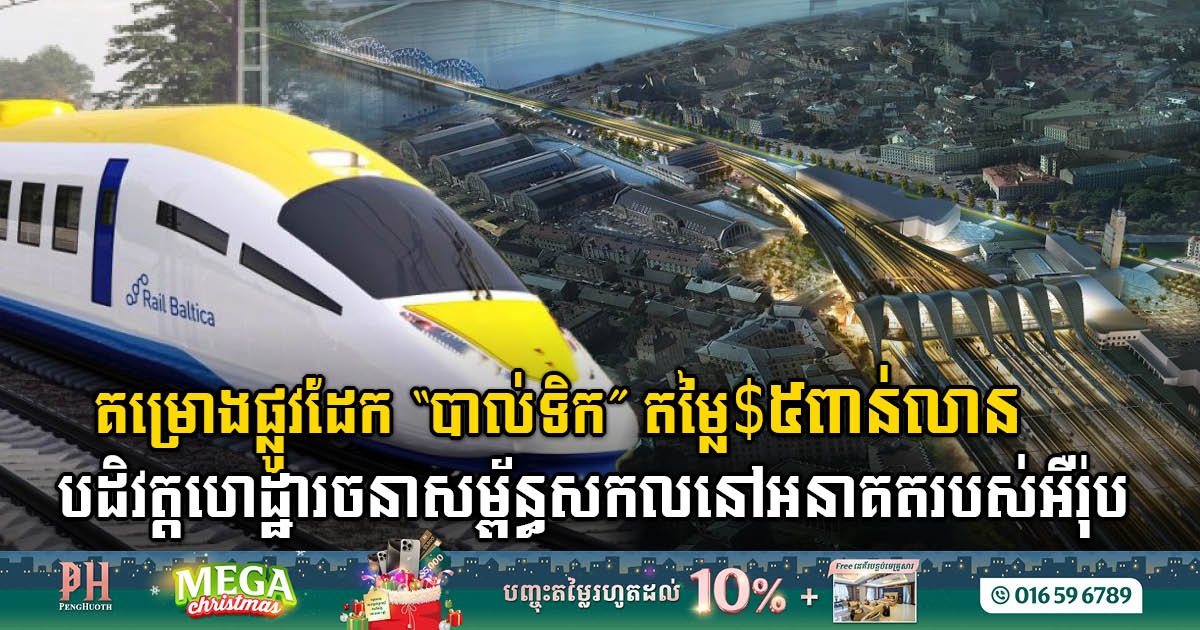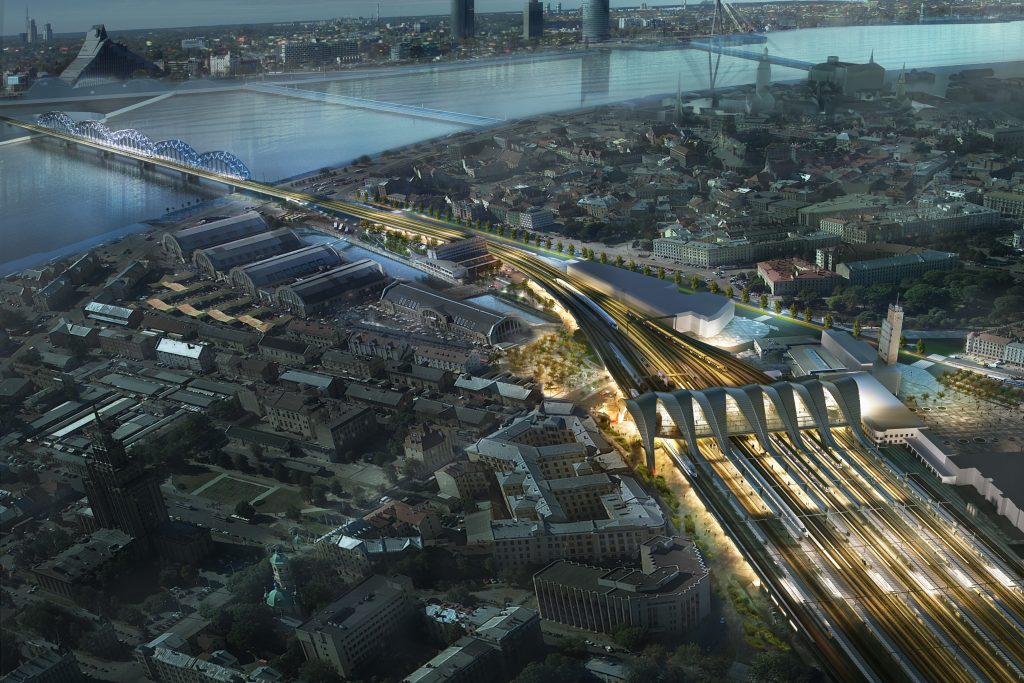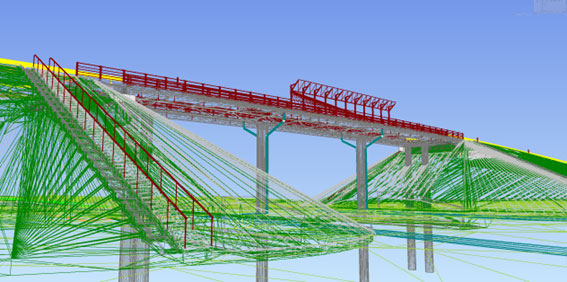Singapore Resumes Construction of Changi Airport’s Largest Passenger Terminal After Pandemic Delay
In a significant milestone for Singapore’s aviation sector, the construction of Terminal 5 (T5) at Changi Airport has officially commenced following a two-year pause brought on by the COVID-19 pandemic. The groundbreaking ceremony, which took place on May 14, 2025, was graced by Prime Minister Lawrence Wong. Prime Minister Wong highlighted that the new terminal […]
Doun Tri Dam Construction 97% Completion
The construction of the Doun Tri Dam in Battambang province is now 97% complete, with final completion expected by October 2025. This significant infrastructure project, located in Rukkakiri district, is being financed through concessional loans from the Republic of Korea. During a project progress review led by His Excellency Tho Jetha, Minister of Water […]
Irrigation System Project in Banteay Meanchey and Battambang is 75% Completed
Banteay Meanchey and Battambang provinces are making strides in agricultural development as the irrigation system construction project reaches a significant milestone. As of May 7, 2025, the project is 75% complete, thanks to financing from the Korean Eximbank. During a progress review meeting led by His Excellency Minister Tho Jetha, Minister of Water Resources […]
Mekong River Bridge in Kratie Province Nearing Completion
As of early May 2025, the Mekong River Bridge in Kratie Province is making impressive strides, with construction now 94% complete. The 1,761-meter-long bridge is expected to temporarily open to traffic in September 2025, pending the completion of final touches. The update was shared on the official Facebook page of the Ministry of Public Works […]
Significant Infrastructure Development: Three Key National Roads Inaugurated in Cambodia
In a significant step towards enhancing connectivity in Cambodia, three major national roads totalling over 201 kilometers were officially inaugurated today. Prime Minister Hun Sen officiated the event alongside Chinese Ambassador to Cambodia, Wang Wenbin. The newly inaugurated roads—National Road 31, National Road 33, and National Road 41—are essential links connecting Phnom Penh to various […]
Progress on Cambodia’s Highest Bridge Construction
The construction team is making significant strides as they roll out asphalt to complete Bridge No. 28, currently the highest bridge in Cambodia. This vital infrastructure project is part of the National Road 10 construction initiative, which aims to enhance regional connectivity. Following a temporary closure to the public during the Khmer New Year celebration […]



 ខ្មែរ
ខ្មែរ










